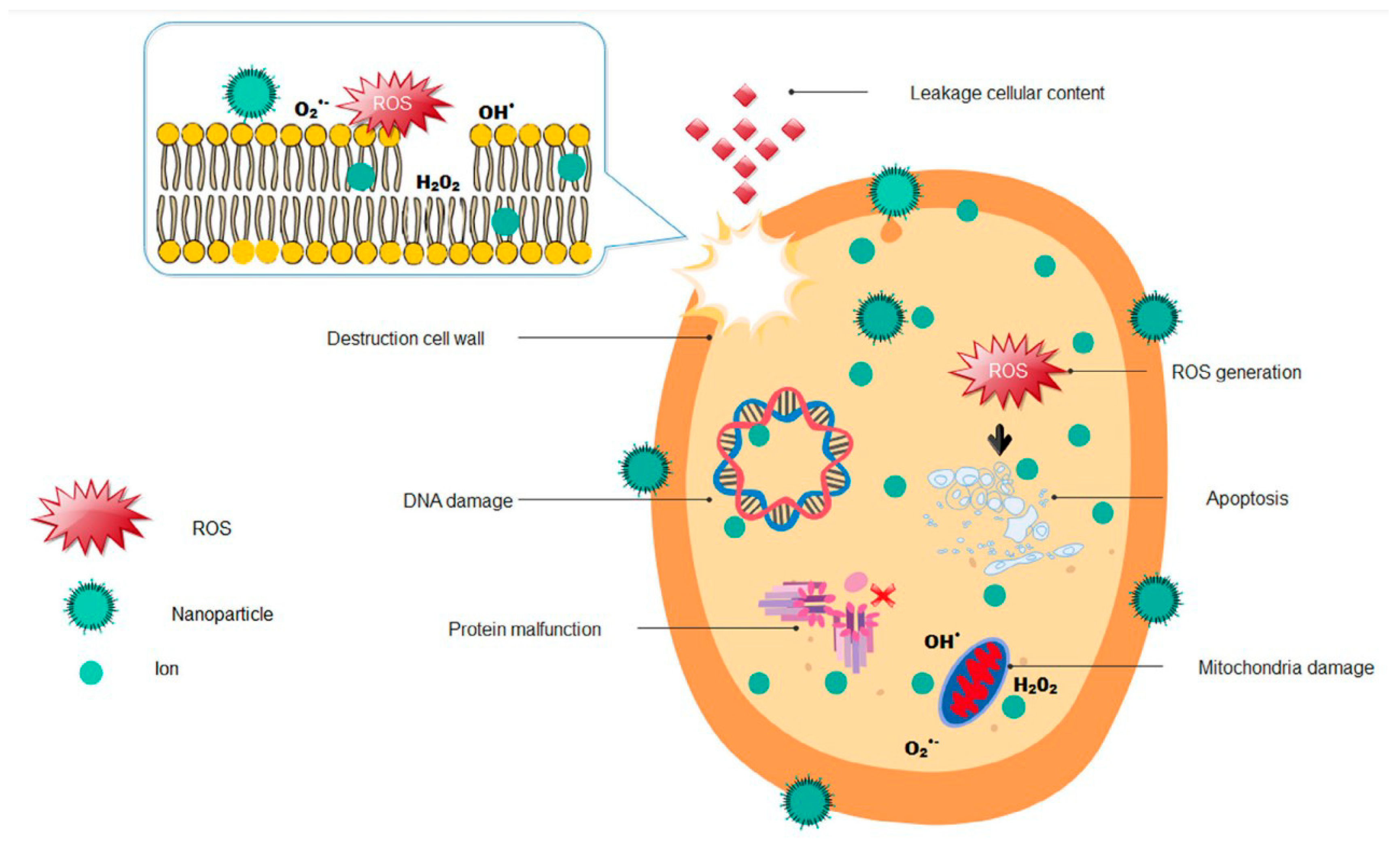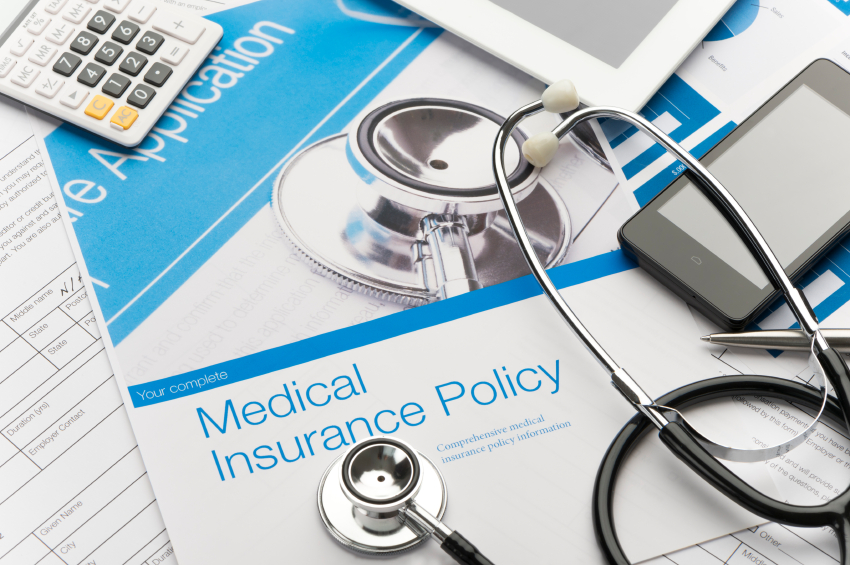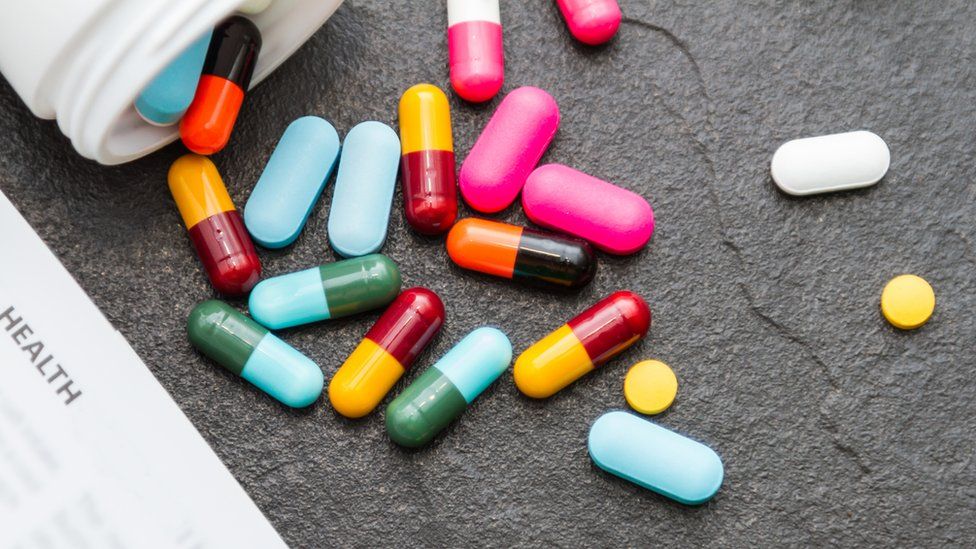Red meat, additives, alcohol… According to numerous studies, certain foods should be eaten in moderation because of their carcinogenic risks. Other so-called "anti-cancer" foods are to be favored to avoid risks. What diet to adopt to prevent cancer?
In three decades of research, the relationship between diet and cancer has been established with a good level of evidence. Some nutritional factors reduce the risk or have a protective effect, others are deleterious. What diet to adopt to prevent cancer? Focus on knowledge.
How to explain the links between nutrition and cancer?
"What we eat or drink is an exposure factor," explains Dr. Bernard Srour, epidemiologist. The 30 tons of food and 50,000 liters of drinks consumed over a lifetime provide substances (nutrients but also additives, pesticide residues, polyphenols, etc.) that are not inert to the body. There is now no longer any doubt that a share of cancers is attributable to nutritional factors: 8% to alcohol, 5.4% to an unbalanced diet and 5.4% to obesity or overweight according to one estimate They can exert a protective or deleterious effect locally (by weakening or protecting the mucous membranes for example), but also by impacting immunity, growth factors, hormones…”
Among the indirect effects, some nutrients have antioxidant properties (vitamins C and E, polyphenols, etc.), others (heme iron) are on the contrary pro-oxidants; acetaldehyde (alcohol metabolite) or PAHs (polycyclic aromatic hydrocarbons) have a toxic effect on DNA, while vitamin B9 ensures its correct replication... "However, we must take into account the matrix effect of foods and the fact that a food is never eaten on its own," says Dr. Srour.
3 questions to a specialist on the links between diet and cancer
What do we know about the links between additives and cancer?
At present, there is no strong evidence of the impact of food additives used on the risk of developing cancer, explains Dr Mathilde Touvier, director of the Nutritional Epidemiology Research Team (EREN). . If this were the case, those incriminated would already be banned. However, there are many experimental studies (on animal models in particular) which challenge, suggesting a link between certain additives and certain cancers (breast, colon-rectum, etc.). This is the case, for example, of nitrites and nitrates, synthetic sweeteners (aspartame, acesulfame-K) and certain emulsifiers (carboxymethylcellulose).
The main difficulty in confirming these hypotheses is to successfully quantify the actual intake of additives in humans. This is what we have recently managed to do thanks to the NutriNet-Santé study, conducted since 2009, and, according to our preliminary results, an association between several of these suspected additives and the risk of cancer appears clearly.
What are the mechanisms involved?
There are certainly very different ones involved, among which, in all likelihood, disturbances of the intestinal microbiota (which plays a role throughout the body and also protects the intestinal mucosa), DNA damage cells, an increase in oxidative stress or even an increase in chronic inflammation.
What advice should be given to the consumer?
It is to reduce your consumption of ultra-processed products as much as possible, of which more than 45 studies have observed a link with the risk of various chronic diseases. If possible, they should only be consumed occasionally, opting for those with the best Nutri-Score and containing the fewest “cosmetic” additives (colorants, emulsifiers, etc.). By scanning the barcode on the Open Food Facts application, you can find out the Nutri-Score of the product, its degree of processing (Nova) and its composition.
Certainly! Here are eight tips to help you become more knowledgeable about healthcare:
4. Develop Health Literacy: Enhance your health literacy by learning about medical terms, procedures, and medications. Ask questions during medical appointments, and ensure you understand the information provided by healthcare professionals.
8. Seek Reliable Sources: Be cautious when seeking healthcare information online. Rely on reputable sources such as government health agencies, renowned medical journals, academic institutions, and trusted healthcare organizations.
while it is beneficial to educate yourself about healthcare, always consult healthcare professionals for personalized advice and treatment.
What are the best foods that have a preventive effect?
A healthy diet can prevent many pathologies. Some foods even help prevent the development of cancer. Here are some types of foods that experts advise to fight against these diseases.
Whole grains and legumes
Wholegrain cereals and legumes are one of our best sources of dietary fibre, with a 2018 IARC report estimating that of the 346,000 new cases of cancer in 2015, 4,700 were attributable to low consumption of these foods.
“By accelerating transit, they reduce the time the colon is exposed to carcinogenic substances present in the stool,” explains Dr. Srour. They also reduce insulin secretion and insulin resistance, which are harmful, and reduce the concentration in the blood of growth factors and hormones. Finally, they promote the production of anti-inflammatory and anti-proliferative fatty acids within the microbiota. »
For the prevention of cancers, it would be necessary to consume complete cereals with each meal and pulses twice a week. "The vegetable protein intake of legumes also contributes to adopting a less meaty diet without resorting to certain ultra-processed vegetable substitutes", notes the epidemiologist.
Fruits and vegetables
6,800 of new cancer cases in 2015 were attributable to low consumption of fruits and vegetables. "In addition to their fibers, fruits and vegetables contain antioxidants, powerful protectors that interfere with several phenomena essential to the appearance and progression of cancer cells", notes Raphaëlle Ancellin. You should eat at least five servings (80 to 100 g) of fruit and vegetables per day, or 400 to 500 g. "The important thing is to vary them and consume them whole", according to Bernard Srour, epidemiologist.
A diet rich in fruits and vegetables also helps prevent overweight associated with an increased risk of cancer due, among other things, to the inflammatory state and insulin resistance that it promotes.
Dairy products to prevent colorectal cancer?
850 of the new cases of colorectal cancer in 2015 were attributable to a low consumption of dairy products. “They contain calcium which could reduce cell multiplication and help protect the intestinal wall,” says Dr. Srour.
Lactic acid bacteria, or probiotics, in fermented milk products could also play a role in this protective effect. Two reports (INCa 2015 and CIRC 2018) estimated that their high consumption was associated with an increased risk of prostate cancer. However, the level of evidence remains limited, and does not call into question the recommendation to eat two a day (three or four for children and the elderly).
What foods have a deleterious effect?
Red meats and charcuterie
2,031 cases of new cancers (1,700 of the colon-rectum) in 2015 were attributable to consumption of red meat greater than 43 g per day and 4,380 cases (3,880 of the colon-rectum) to deli meats, classified as carcinogenic. With the mechanisms, "the production of carcinogenic N-nitroso compounds, free radicals and pro-inflammatory substances linked to an excess of iron or the nitrite salts of certain charcuteries", says Raphaëlle Ancellin.
Alcohol
28,000 of new cancer cases in 2015 were attributable to alcohol consumption, or 8% of new cases. With the main locations: the ENT sphere, the breast, the liver, the stomach and the colon-rectum. “Several mechanisms are involved, explains Raphaëlle Ancellin.
Alcohol can also increase the levels of circulating steroid hormones, act on hormone receptors or weaken the mucous membranes of the oral sphere.
Although there is no safe drinking threshold, it is recommended not to exceed 2 glasses per day and 10 glasses per week, with 2 days without.
Salt and Foods Preserved by Salt
According to a 2011 international study, 0.5% of new cases of stomach cancer in the UK in 2010 were attributable to excessive salt consumption. specifies Dr. Srour.
Objective: less than 5 g of salt per day, by giving a different taste (herbs, spices, etc.), by limiting salty products (smokers, bread, cheese, etc.) and by reducing ultra-processed products.
Should we favor organic?
There is no evidence that organic farming helps prevent cancer. On the other hand, at the end of 2018, a study by Inserm and Inrae reported a possible association between regular consumption of organic food and reduced risk of cancer. "The consumption of organic foods may be associated with a lower risk of cancer," says Dr. Srour.
However, the evidence is not sufficient to establish a causal link and draw strong recommendations,” says Mathilde Touvier.
Are some cooking methods risky?
It is better to limit frying, barbecue and grilling, and favor gentle cooking (smothered, steam, etc.). As for kitchen equipment, prefer stainless steel to non-stick coatings which, if damaged, can release potentially carcinogenic (perfluorinated) compounds, and opt for glass rather than plastic whose components, potential endocrine disruptors, can migrate to food under the effect of heat.
What is the role of overweight?
The third avoidable risk factor for cancer after tobacco and alcohol, overweight and obesity were attributed to 18,600 cases of cancer in 2015 (4,500 breast cancers and 4,800 colon-rectum cancers). "Many mechanisms are involved," says Raphaëlle Ancellin. In particular the deregulating impact of overweight on hormonal secretions, the immune system, insulin metabolism and cell multiplication. »
Does fasting reduce the risk of cancer?
If ongoing work such as that of gerontologist Valter Longo seems to indicate an interest in intermittent fasting (14 to 16 hours a day without eating, for example) in the prevention of certain cancers, there is nothing to recommend this practice.
“A recent collective expertise conducted by the NACRe network concluded that fasting did not show any beneficial effects in preventing cancer,” explains Dr Srour.












.png)

Comments
Post a Comment